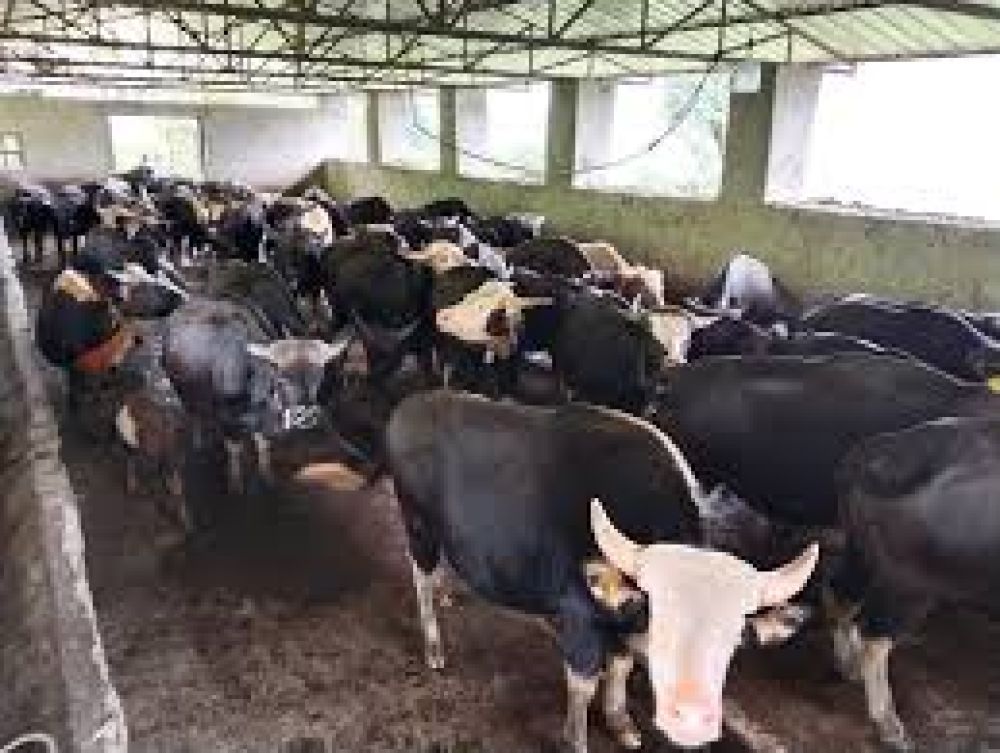

Settled in the serene eastern region of Bhutan, the Mithun Breeding Farm in Samdrup Jongkhar is not just an agricultural facility but also an intriguing destination for those interested in the country's traditional farming practices and sustainable development. Before exploring the history and tourism trends connected to this location, it is essential to understand what a Mithun is. The Mithun, also known as the "Bos frontalis", holds significant cultural and economic value in Bhutan, being a species of semi-domesticated bovine revered by the local communities.
The history of tourism in Bhutan is relatively recent compared to many other countries. The Dragon Kingdom, as Bhutan is often known, cautiously opened its doors to foreign visitors in 1974 to promote its unique culture and traditions while safeguarding its environment. Since then, the country has followed a strict policy of 'High Value, Low Impact' tourism, emphasizing the importance of sustainability and cultural preservation.
The Mithun Breeding Farm itself has contributed to the fabric of agriculture-based tourism, drawing visitors who are keen on understanding Bhutanese rural life and agro-biodiversity. Although not as famous as some of Bhutan's monasteries and fortresses, the farm provides a unique perspective on the intersection of Bhutanese livelihood, conservation, and traditional practices.
The Mithun Breeding Farm is of particular interest to professionals and tourists who specialize in agricultural tourism. The farm's primary role is the breeding of high-quality Mithun for the purpose of improving the genetic stock of local cattle. Visitors to the farm can learn about the breeding process, the importance of Mithun in Bhutan's rural economy, and the ways local farmers utilize these animals for both draught purposes and high-quality meat production.
Tourists interested in sustainable development practices will find the Mithun Breeding Farm insightful. It encapsulates Bhutan's broader commitment to Gross National Happiness, a philosophy that guides the country's development process with a balanced approach towards economic growth, cultural preservation, environmental sustainability, and good governance.
In recent years, Bhutan has seen a shift towards more immersive and experiential forms of travel. Visitors are increasingly seeking authentic experiences that allow them to connect with local communities, culture, and the environment. Experiential travel to places like the Mithun Breeding Farm highlights Bhutan’s move towards engaging tourists in educational and participatory activities.
Sustainable tourism remains a keystone of Bhutanese travel, with the country often recognized internationally for its commitment to conservation and sustainable development. Bhutan's approach to tourism, where visitors are seen as partners in preserving the kingdom's natural and cultural heritage, aligns well with global trends that favor eco-friendly and responsible travel options.
While the Mithun Breeding Farm is merely one facet of Bhutan's expansive tourism tapestry, it symbolizes the country's profound connection between sustainable living and the enduring charm of its pastoral landscapes. Those who choose to venture to Samdrup Jongkhar will undoubtedly carry with them an enriched understanding of Bhutan's dedication to living in harmony with nature.